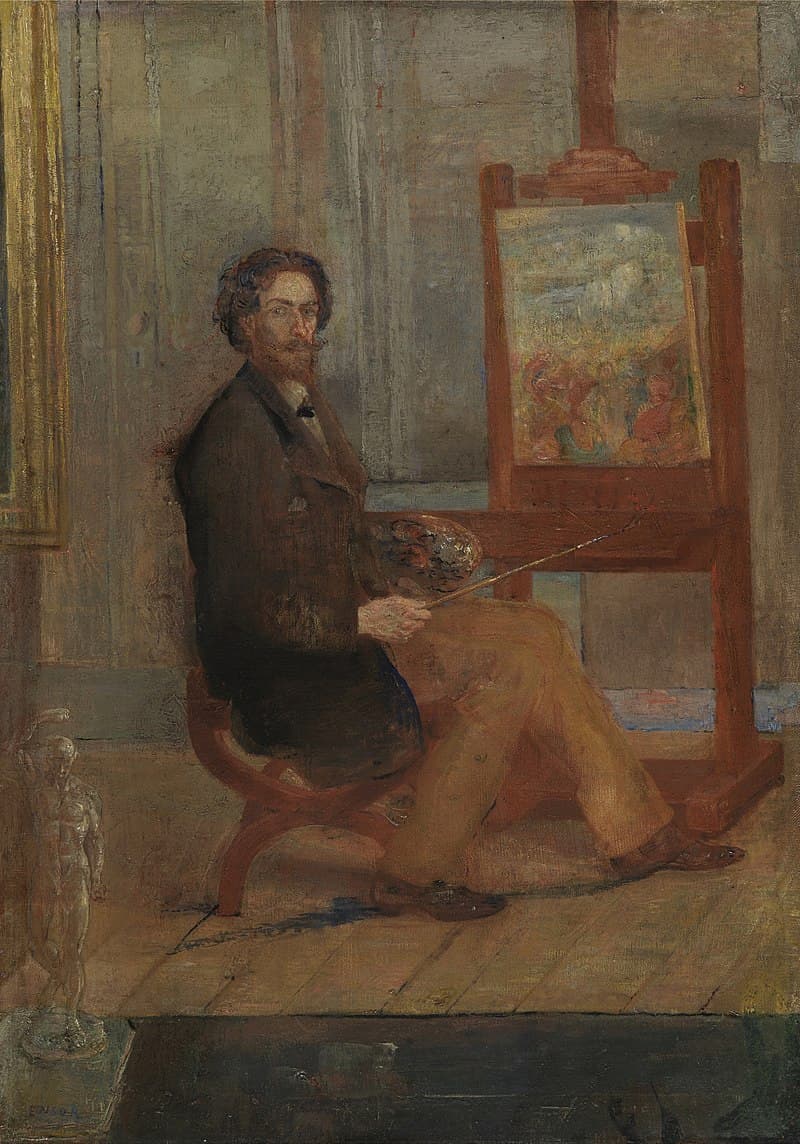Clara Schumann
 Helen Fisher, a Canadian-American anthropologist and human behavior researcher, is a leading expert on the biology of love. She divides the experience of love between men and women into three overlapping stages: lust, attraction and attachment; each involves the increased release of certain chemicals in the brain. I respect her research, but it just sounds too scientific for me. During the holiday of Chinese New Year, I saw a movie, ‘The Flowers of War’; by the end of it, I finished a whole pack of tissue paper. It talks of 12 prostitutes and a boy, sacrificing themselves to save the lives of the convent girls, in Japan’s ‘Rape of Nanjing’ in 1937. It shows the noblest side of the human soul. This makes me think: love, perhaps, is the unselfish concern for the good of the others. In music, I thought of Clara Schumann.
Helen Fisher, a Canadian-American anthropologist and human behavior researcher, is a leading expert on the biology of love. She divides the experience of love between men and women into three overlapping stages: lust, attraction and attachment; each involves the increased release of certain chemicals in the brain. I respect her research, but it just sounds too scientific for me. During the holiday of Chinese New Year, I saw a movie, ‘The Flowers of War’; by the end of it, I finished a whole pack of tissue paper. It talks of 12 prostitutes and a boy, sacrificing themselves to save the lives of the convent girls, in Japan’s ‘Rape of Nanjing’ in 1937. It shows the noblest side of the human soul. This makes me think: love, perhaps, is the unselfish concern for the good of the others. In music, I thought of Clara Schumann.
Clara Schumann was one of the finest pianists in the 19th century; Chopin praised her playing to Liszt and violinist Joseph Joachim became her frequent performing partner. Her love for music was as great as her love for Robert Schumann. Her father Friedrich Wieck did everything he could to prevent her from marrying Robert, forcing the lovers to court, however, they were married in 1840. Among her hectic performing schedule, she had to take charge of the finances and general household affairs. Besides, she raised seven children for him, an eighth child having died in infancy. What impressed me most was that Clara stayed with her husband, even though he had a mental collapse, attempted suicide by throwing himself from a bridge into the Rhine River, and was committed to an insane asylum for the last two years of his life. She could have just walked away from these tragedies and started a new life, but she did not, she chose to stay with him, no matter how many times she had been warned by Robert that his illness might do her harm. After his death in 1856, Clara continued to promote his works tirelessly, until her own death forty years later. She had lived for Robert Schumann.
Clara Schumann extended her love for Robert to their children. It was reported that Clara defied some armed men who confronted her and rescued her children out of the dangerous area in the ‘May Uprising’ in Dresden in 1849. Four of her eight children died before her, and one of her sons Ludwig, like his father, ended his life in an insane asylum. After the death of her daughter Julie and her son Ferdinand, Clara raised her grandchildren, with loving care.
Punctuated by tragedies in her family life, Clara Schumann sought consolation in music. Her three Romances were composed in 1853, which were inspired by Robert’s birthday. After his death, she performed his music as if he was still besides her in spirit. She was the authoritative editor of Robert’s works for the publishing company, Breitkopf & Härtel. Clara was instrumental in setting the standard for concertizing; she was one of the first pianists to perform from memory. She also influenced generations of pianists through her teaching; Mathilde Verne carried her teaching to England, whilst Carl Friedberg brought it to the Julliard School in America.
For me, Clara Schumann was one of the great women who knew how to love and had the fortune to experience it in her life. I am not a Christian, but I agree with what the Bible said, ‘Love is patient, love is kind. It does not envy, it does not boast, it is not proud. It is not rude, it is not self-seeking, it is not easily angered, it keeps no record of wrongs. Love does not delight in evil but rejoices with the truth. It always protects, always trusts, always hopes, always perseveres. Love never fails.’ (Corinthians 13:4-8a) If you find someone you love and who loves you back, have the courage to cherish it with all your heart, for it is the most beautiful thing on earth. Happy Valentine’s Day!
Photo credit: http://www.bach-cantatas.com/Lib/Schumann-Clara.htm



